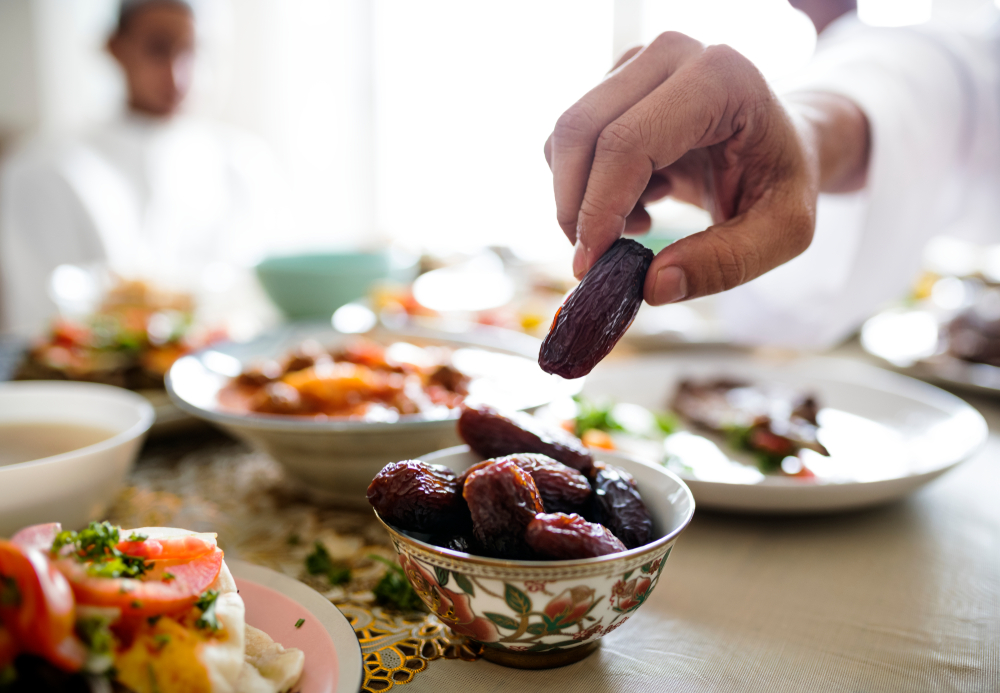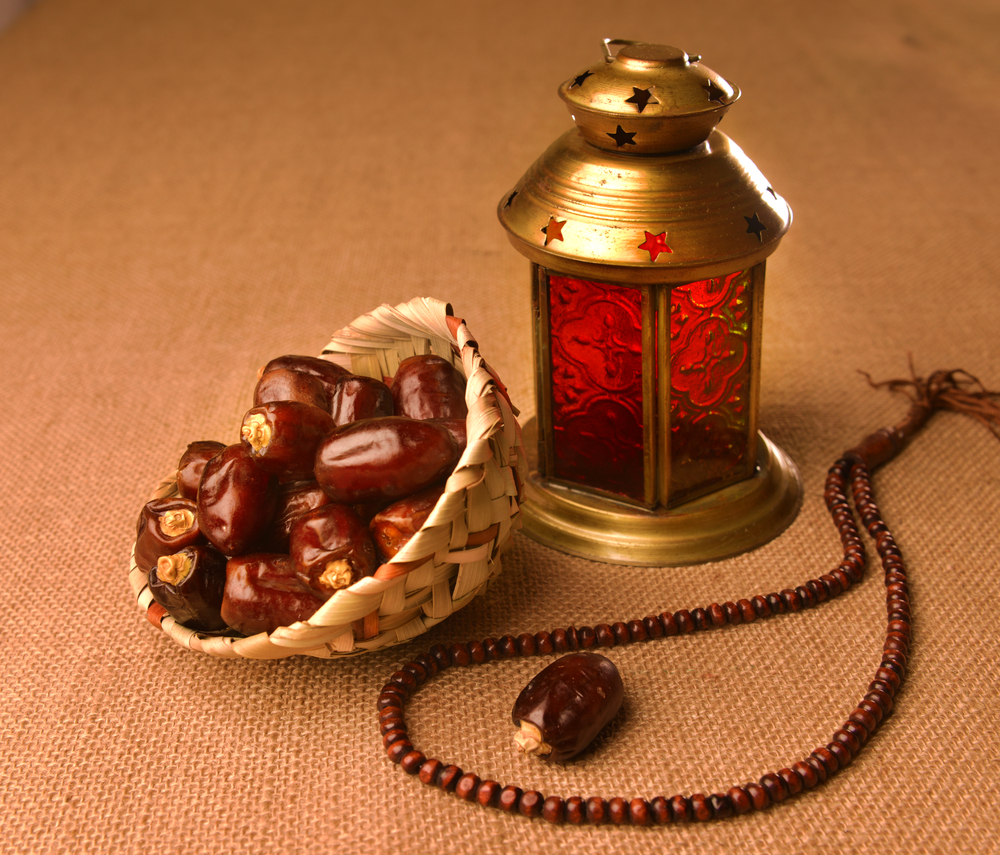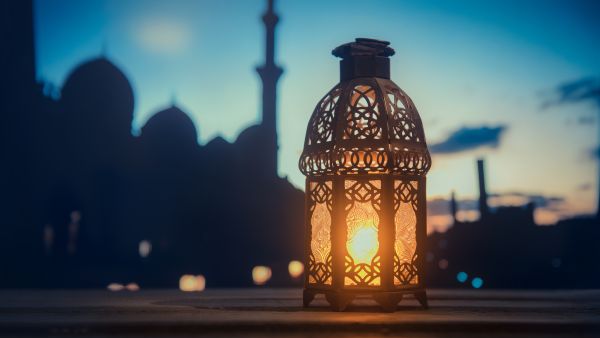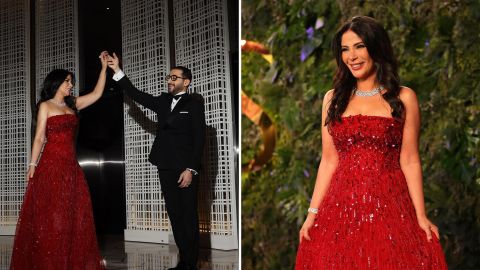ALBAWABA - As Ramadan approaches closer and closer, people in Morocco find themselves divided over a law that criminalizes eating and drinking in public during the holy month. Chapter 222 of the Moroccan Penal Code threatens imprisonment and fines for those who break their fast publicly without a valid reason.
While some might argue that this law respects the sanctity of Ramadan and the feelings of fasting Muslims, others believe it takes away personal freedoms. Human rights advocates have launched a campaign titled “Eating is not a crime” to challenge the law’s existence and protect people's liberties.

Shutterstock
The Deleuze Institute for Policy Analysis is leading this movement. They hope to shed light on the negative impact this law has on the economy and its role in perpetuating discrimination against those who choose not to fast. Activists have called on Parliament to reconsider the law and ensure that public break fast during Ramadan is not a punishable offense.
The debate has spread to social media platforms, with people expressing varying opinions. Some argue that personal freedom should be prioritized, while others believe that public eating during Ramadan is disrespectful and offensive to those observing the fast.

Shutterstock
Activists like Ezzedine Al-Sarifi question the law’s necessity in the face of larger economic and social issues, suggesting that it may exacerbate tensions and promote extremist ideologies. However, others like Saleh Abdullah emphasize the importance of respecting others’ beliefs and practicing personal freedoms responsibly.
As the debate continues, Moroccans are trying to find a balance between personal freedoms and communal sensitivities. Some view the law as outdated and unnecessary, while others see it as a means of upholding cultural values and religious practices.








